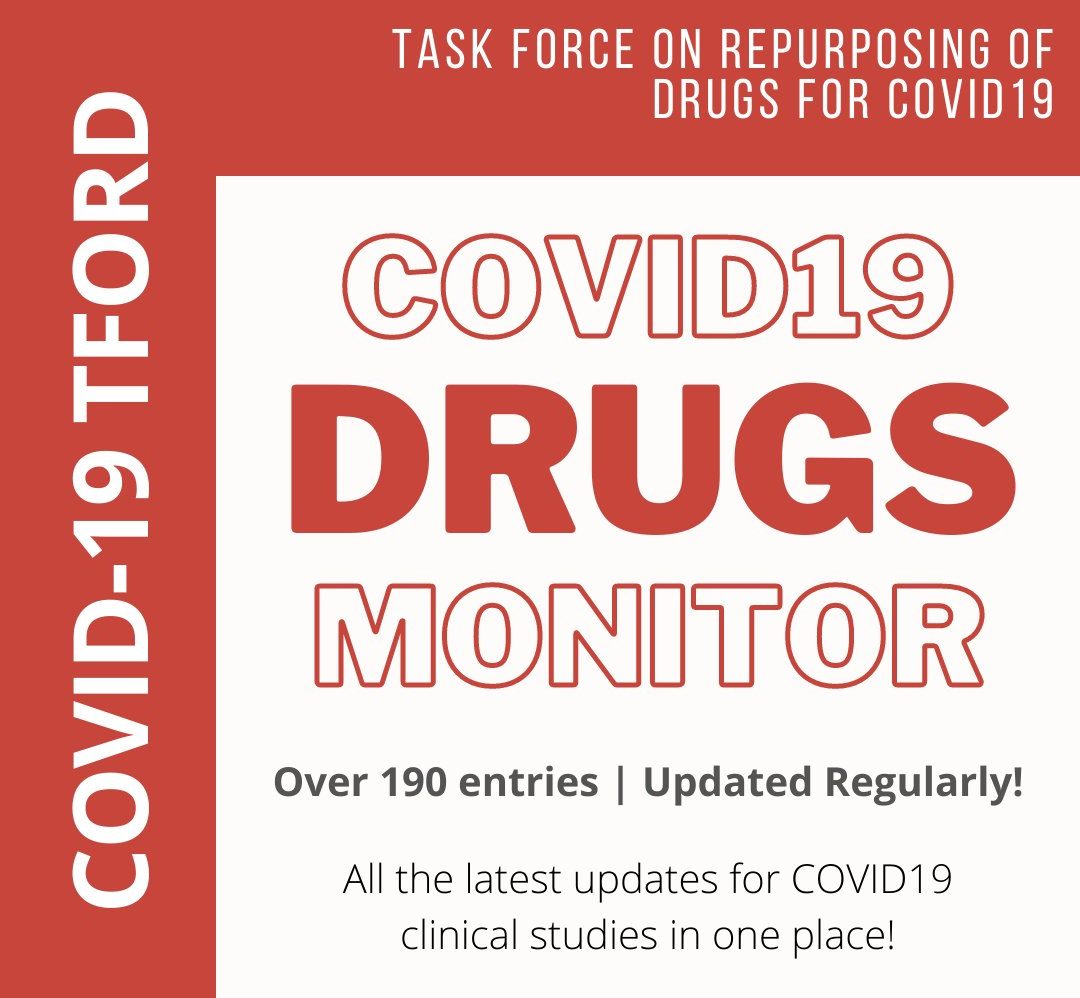(10 Nov 2020) Remdesivir- associated with a significant mortality benefit
A shorter symptom-onset to remdesivir treatment (SORT) interval is associated with a lower mortality in moderate-to-severe COVID-19: A real-world analysis
https://www.medrxiv.org/content/10.1101/2020.11.05.20226373v1.full.pdf
Of 350 patients treated with remdesivir, 346 were included for the final analysis (males: 270 [78.0%]; median [range] age: 60 [24-94] years). Overall, 243 (70.2%) patients had ≥1 comorbidity; 109 (31.5%) patients had moderate disease, 237 (68.5%) had severe disease, and 50 (14.5%) patients required mechanical ventilation. Of the 346 patients, 76 (22.0%) patients died (moderate: 3 [2.8%], severe: 73 [30.8%]). In the subset of mechanically ventilated patients, 43 (86.0%) died. All-cause mortality was significantly lower in patients with SORT interval ≤9 days (n = 260) compared with those with SORT interval >9 days (n = 86; 18.1% vs 33.7%; P = .004). The odds of death were significantly lower in patients with SORT interval ≤9 days vs >9 days (odds ratio = 0.44; 95% CI, 0.25-0.76; P = .004). Adverse events (transaminitis ≥5 times upper limit of normal or estimated glomerular filtration rate <30ml/min) leading to drug discontinuation were seen in 4 (1.1%) patients. In this large series of moderate-to-severe COVID-19, initiation of remdesivir ≤9 days from symptom-onset was associated with a significant mortality benefit.
